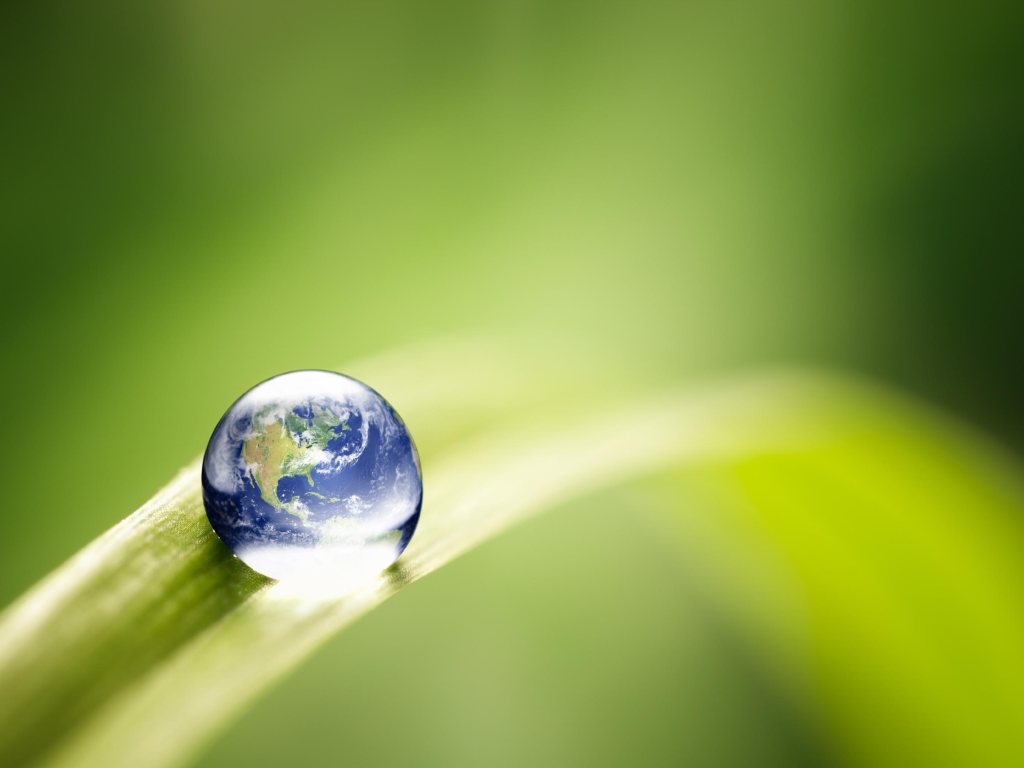Check out our blog on Forbes.com
Since the day we were born, we have always heard that we should recycle plastic. Blue bins are ubiquitous across the globe. Recycling is good for the environment, and therefore, provides us with a satisfaction that we are making the planet a better place to live. However, recycling plastics is also big business, and with the rise of globalization, it will only get bigger.
Across the globe, millions of people are using technological advances to lift them out of poverty. As this Marco trend continues, it is important to understand the impact that this will have on the scrap recycling industry. Plastic is one of the most commonly recycled materials in the world. Everything from bottled water, to computer stations, to plastic lumber will see a tremendous increase in demand. The plastic scrap recycling industry has developed new technology that will allow these products to be recycled and reused.
 Recycling plastics is much bigger than the retail (or consumer focused) side. There is a tremendous amount of industrial recycling as well. Plastics have managed to find their way into a variety of products that can be found on construction sites across the globe. For example, recent technological advances have made it possible for plastic bags to be turned into plastic lumber. Think about how beneficial this can be for the environment, now that we can substitute trees for plastic bags. This will revolutionize an entire industry, and will reduce the carbon footprint of new buildings.
Recycling plastics is much bigger than the retail (or consumer focused) side. There is a tremendous amount of industrial recycling as well. Plastics have managed to find their way into a variety of products that can be found on construction sites across the globe. For example, recent technological advances have made it possible for plastic bags to be turned into plastic lumber. Think about how beneficial this can be for the environment, now that we can substitute trees for plastic bags. This will revolutionize an entire industry, and will reduce the carbon footprint of new buildings.
The Institute of Scrap Metal Recycling Industries has compiled a great list of statistics that demonstrate the potential for this young industry. In 2009, 479 million lbs. of post-consumer non-bottle rigid plasticswererecovered. This isa 47% increasesince 2007. In 2010, the US exported more than $940 million plastic scrap. There is an 80–90% reduction in energy consumption when producing recycled plastic compared to producing plastic from virgin materials. In 2009, 854,377,000 lbs. of postconsumer plasticfilm were collected forrecycling.
Although this may seem like a win-win for everyone involved, the plastics recycling industry still faces some headwinds. These challenges range from the inaccurate perception that recycled materials are inferior to virgin materials to regulations that didn’t include the possibility of recycling plastics.
It is up the plastics recycling industry to work closely with the manufacturers to sort and prepare the plastic to produce a product that will have a positive impact on the economy & environment. As the demand increases, and consumers become educated, the market for these materials will expand. This will benefit both the plastics recycling industry, as well as the environment.





